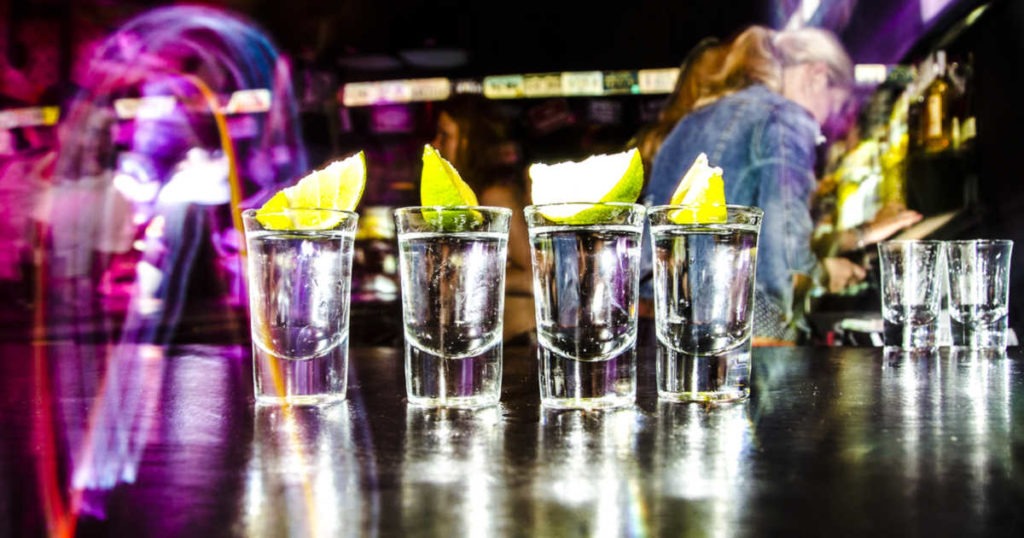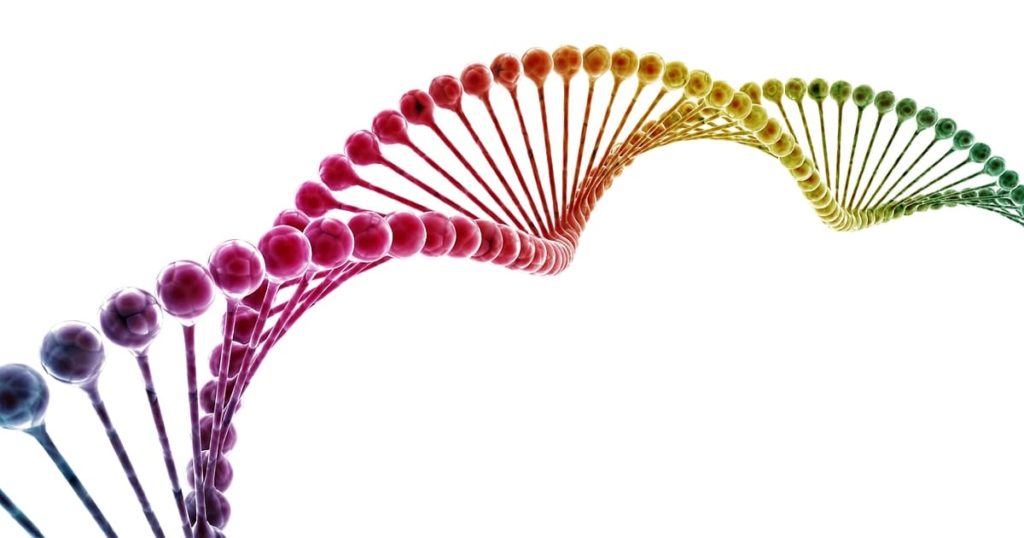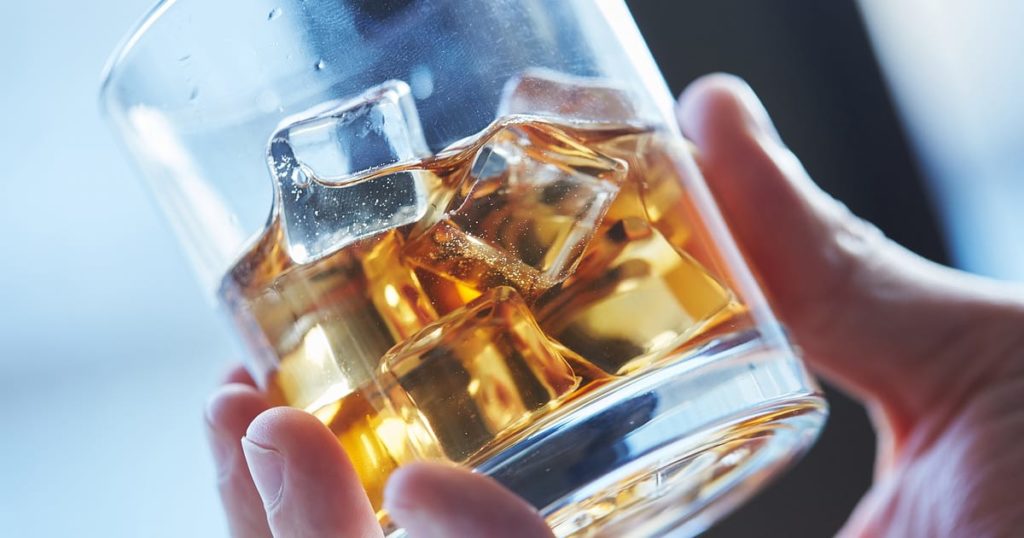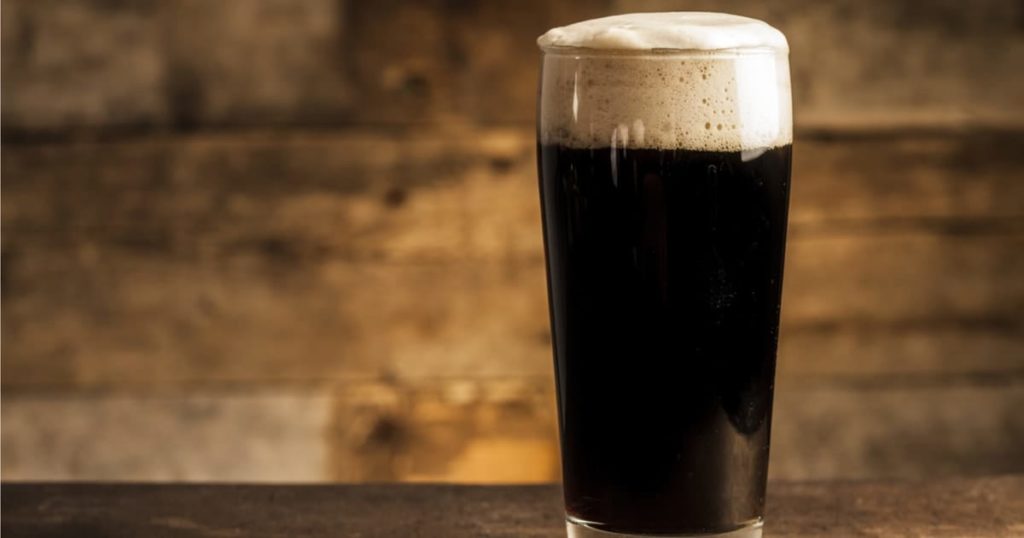In the field of substance abuse treatment, binge drinking presents some special challenges. Binge drinking is confined to heavy drinking in specific episodes, and when those episodes are not frequent it would be wrong to assume they represent “alcoholism” in a medical sense. But there is a certain tipping point with binge drinking where it crosses over into true problem drinking. Identifying this point helps determine the appropriate options for treatment. Binge drinking may not be synonymous with alcoholism, but it is a type of behavior that can lead to severely negative consequences. This is why those who binge drink on a regular basis should be evaluated by an addiction treatment specialist.
In Addiction Treatment, One Size Does Not Fit All
Treatment for binge drinking won’t work if it is not fully customized for each individual. Binge drinking may be an escape from stress, anxiety, past trauma or a difficult home life. Or, it may be a way of strengthening social bonds or fitting in with peer groups (a huge factor in binge drinking among youth, where this type of drinking has reached epidemic levels.) Unless a treatment professional makes a great effort to get to the bottom of the underlying causes of the binge drinking, and unless the person suffering from the binge drinking problem is willing to be totally honest about their personal history and emotional difficulties, any treatment program offered is likely to be ineffective.
Making the Distinction between Binge Drinking and Alcoholism
A comprehensive study carried out by the U.S. Centers for Disease Control in 2014 found that only 10% of binge drinkers actually suffer from clinically diagnosable alcoholism. However, binge drinking doesn’t have to meet the criteria for alcoholism to be a problem that needs treatment. Binge drinking puts people at dramatically increased risk for accidents, exposure to violence, relationship troubles, job loss and a whole lot more. When someone begins to experience serious life problems as a result of the binge drinking, that is the time to consider seeking professional help. If handled correctly, that treatment should probably at least partially overlap with conventional treatment for alcoholism. If someone is automatically treated for alcoholism when suffering the effects of binge drinking, they are unlikely to respond well to that approach in many instances. Alcoholism does co-exist with binge drinking but not as often as most people assume.
The Special Case of Binge Drinking
Treatment for binge drinking will fail if it is not tailored to fit the unique situation of each person. Any treatment offered must be solution-oriented and not overly generalized, and it must be based on the recognition that alcoholism is not the only type of drinking problem that can wreak havoc in someone’s life and require treatment. Sources: “Most People Who Drink Excessively Are Not Alcohol Dependent” – Centers for Disease Control and Prevention https://www.cdc.gov/media/releases/2014/p1120-excessive-driniking.html






